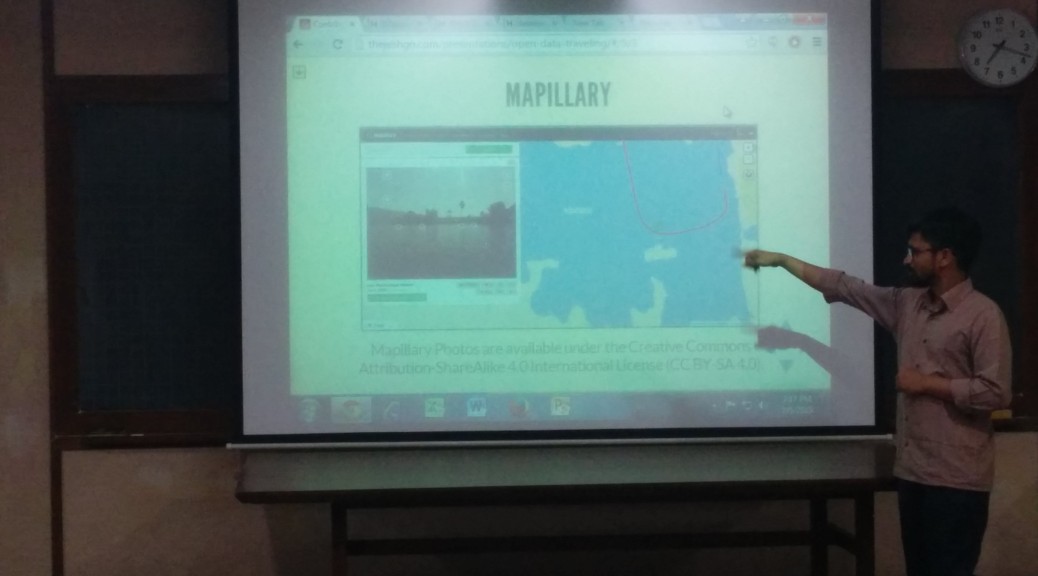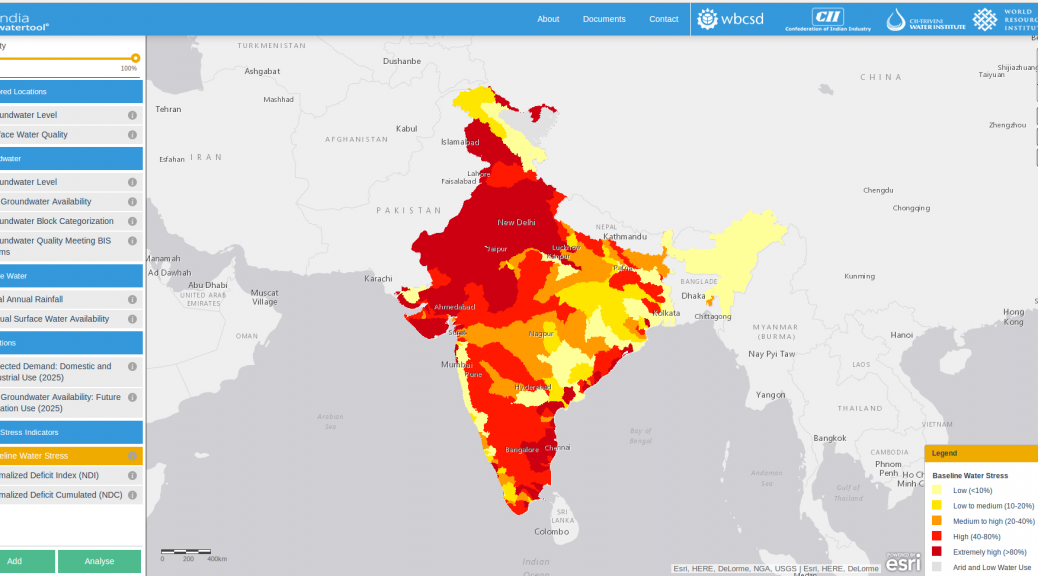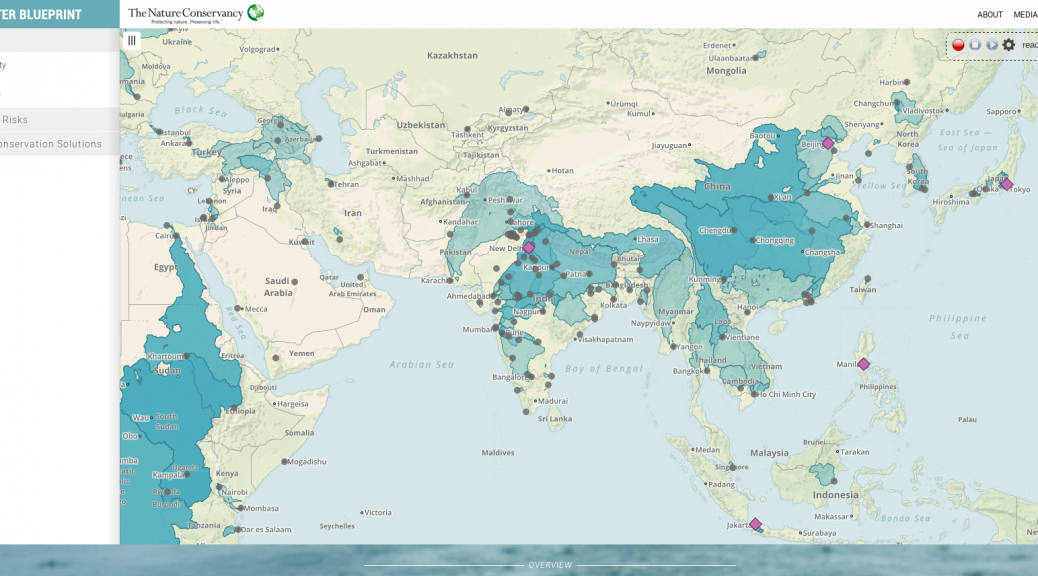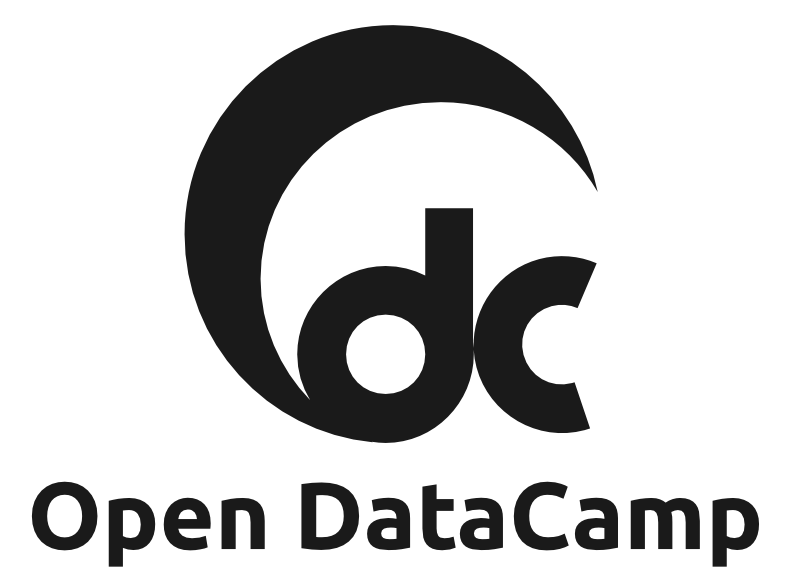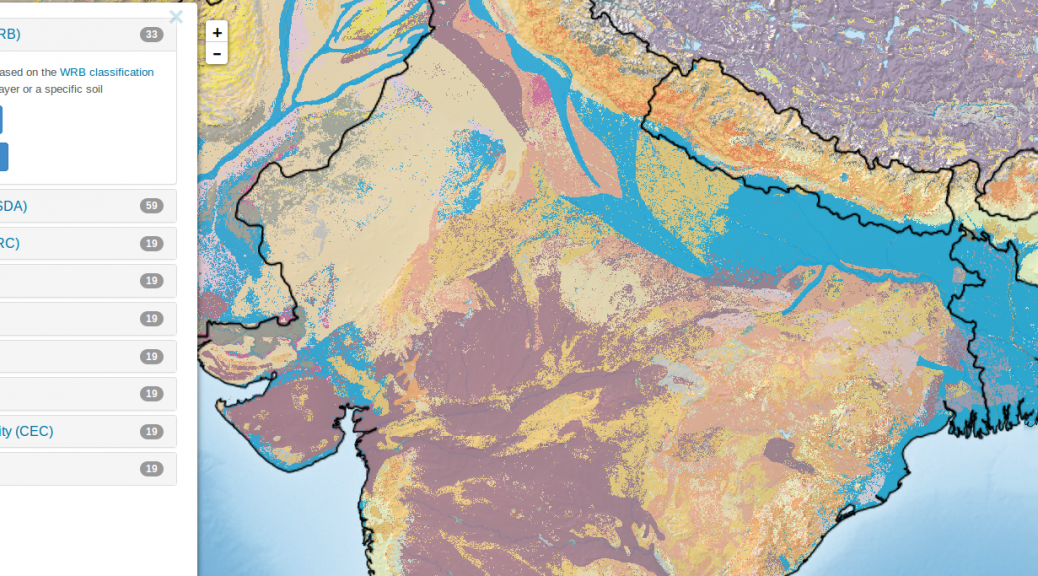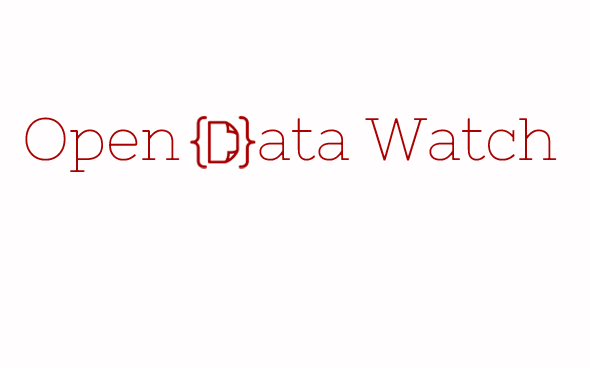On Data{Meet} we have been talking about the importance of Open Data and quality of it. This year’s winner of the Nobel Prize for Economics Angus Deaton has similar point of view on the quality of open data. Whole article is worth reading, I am quoting a paragraph.
My work shows how important it is that independent researchers should have access to data, so that government statistics can be checked, and so that the democratic debate within India can be informed by the different interpretations of different scholars. High quality, open, transparent, and uncensored data are needed to support democracy.
I have used data from India’s famous National Sample Surveys to measure poverty. Perhaps the biggest threat to these measures is that there is an enormous discrepancy between the National Accounts Statistics and the surveys. The surveys “find” less consumption than do the national accounts, whose measures also grow more rapidly. While I am sure that part of the problem lies with the surveys—as more people spend more on a wider variety of things, the total is harder to capture—but there are weaknesses on the NAS side too, and I have been distressed over the years that critics of the surveys have got a lot more attention than critics of the growth measures. Perhaps no one wants to risk a change that will diminish India’s spectacular (at least as measured) rate of growth?
Source: TheWire
Picture credit: Nobel Prize

